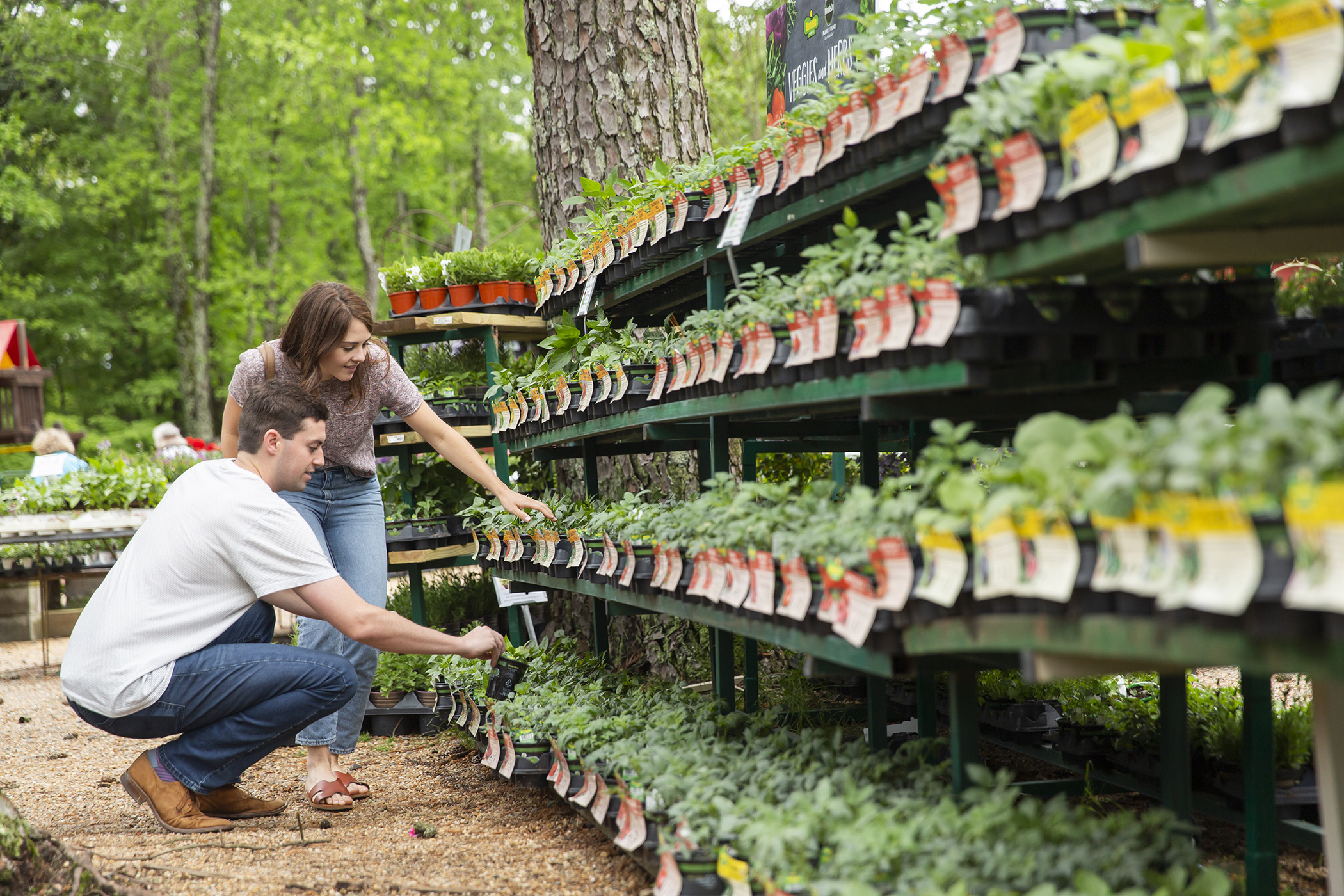Fall Vegetable Gardening

Sara Reeves Photo
Don’t be sad that the summer growing season is ending. The fall growing season can produce an abundant harvest of veggies and herbs. Because Arkansas has such a long growing season, many of the early spring vegetables can be grown again in fall.
Let’s prepare those gardens for growing all your favorite fall vegetables!
Planting Location
We want to make sure that any veggies or herbs that you decide to plant are going to get plenty of sunlight, so whether it be a container, raised bed, or in the ground, there needs to be minimal shade. The days are becoming shorter as we leave summer behind, so we want to plant crops that are going to be able to handle the shorter days. Leafy greens, cruciferous veggies and root crops are going to be your go-to for the fall planting season.
Soil Preparation
We want to help our plants as much as possible, especially with the shorter days ahead, so we want to ensure that the soil they are going in is full of nutrients. We want to remove residual debris and to check our soil’s pH levels. The ideal pH for most veggies is 6.5. If you get a low reading, you can add lime to your soil. If your reading is a little high, you can add calcium to your soil. Soil amendment may be necessary, especially near the Little Rock area where we find a lot of clay. You can break this soil up by adding compost or manure. We carry an assortment of different compost and would love to help you pick which one you need.
Choosing Your Vegetables
Before choosing your fall vegetables, one of the most important things to check for is the first frost date. This year in Little Rock, the estimated first frost date is listed as October 29th – Nov 4th. You are going to want to pick vegetable varieties that have a lower count of days for maturity. If a vegetable has anything above 60 days (about 2 months), be weary you might not be able to get a good harvest before that first frost hits. Frost doesn’t mean that all your garden plants will die, some vegetables are a little hardy to the lower temps.
Vegetables that are going to be more sensitive to frost should be planted about 12 weeks before the first frost date
Veggies that are sensitive to the frost include:
- Peas
- Beans
- Peppers
- Cucumbers
- Tomatoes.
Some of our frost hardy suggestions for planting include:
- Cabbages
- Carrots
- Broccoli
- Cauliflower
- Brussel spouts
- Leafy Greens
- Turnips, beets and radishes
- Onions and garlic
If starting any of your plants from seed, you want to subtract on the time it takes to germinate from your harvest date. If you need 60 days for a harvest, and it takes 7 days to germinate, you need to start your seeds 67 days before the first frost date. Soaking seeds overnight in water can decrease sprouting time and increase germination rates.
Carrots, radishes, parsnips, turnips, and spinach can be easily grown from seed. Seeds require consistent moisture and a sunny area to sprout.
Although any of these vegetables can be planted as seeds, we find that starting with seedlings will give you a more successful survival rate. Follow seed packets or nursery pot instructions for spacing.
Watering Tips for Fall Vegetables
Even though we may not need to water as much in the fall as we do on those 100-degree days, we still need to check our plants often and water as needed. Water thoroughly and deep; light watering every day develops a shallow root system, so in a raised bed, water deep so the whole soil mass is saturated and then let dry out before you water again. Less water is needed when plants are small; water more as the plants mature. The more foliage there is, the more water the plant will need, both in frequency and in quantity. We recommend one of our Good Earth Soil Moisture Testers to accurately decide if your plants need to be watered or not.
Fertilizing Vegetables
We want to give our veggies everything that they need to produce, so when you are trying to get your veggies established, adding fertilizer that is equal in nitrogen, potassium and soluble potash is a great way to give them a boost. We recommend Osmoscote Flower and Vegetable Fertilizer, with a NKP (Nitrogen, Potassium, Potash) 14-14-14. For those keeping the garden organic, Espoma Garden-Tone is a great choice.
We always recommend fertilizing in the early morning or during the late afternoon. This will ensure that if the weather is too warm, we don’t burn our plants.
Inspect
Your fall crops are vulnerable to insects and fungal issues. Check your plants regularly to identify any potential issues that may arise. An organic insecticide such as Natural Guard Spinosad Soap used regularly is an excellent way to avoid any chewing insects. Natural Guard Copper Fungicide can be applied to vegetables, herbs and fruits to treat many diseases.
It’s Not Too Late to Grow Vegetables!
Fall is an excellent opportunity to get one more crop from your garden before winter. Come visit us at The Good Earth Garden Center for all your garden needs; right now (early September), we have plenty of cool season vegetable seedlings and seeds to choose from. Our cool season vegetables and herbs have arrived just in time for you to reap the benefits of a successful fall crop.
Here is another great resource to reference:
UA Division of Agriculture Cooperative Extension (2024) Fall Planting Guide
https://www.uaex.uada.edu/yard-garden/vegetables/fall-planting-dates.aspx